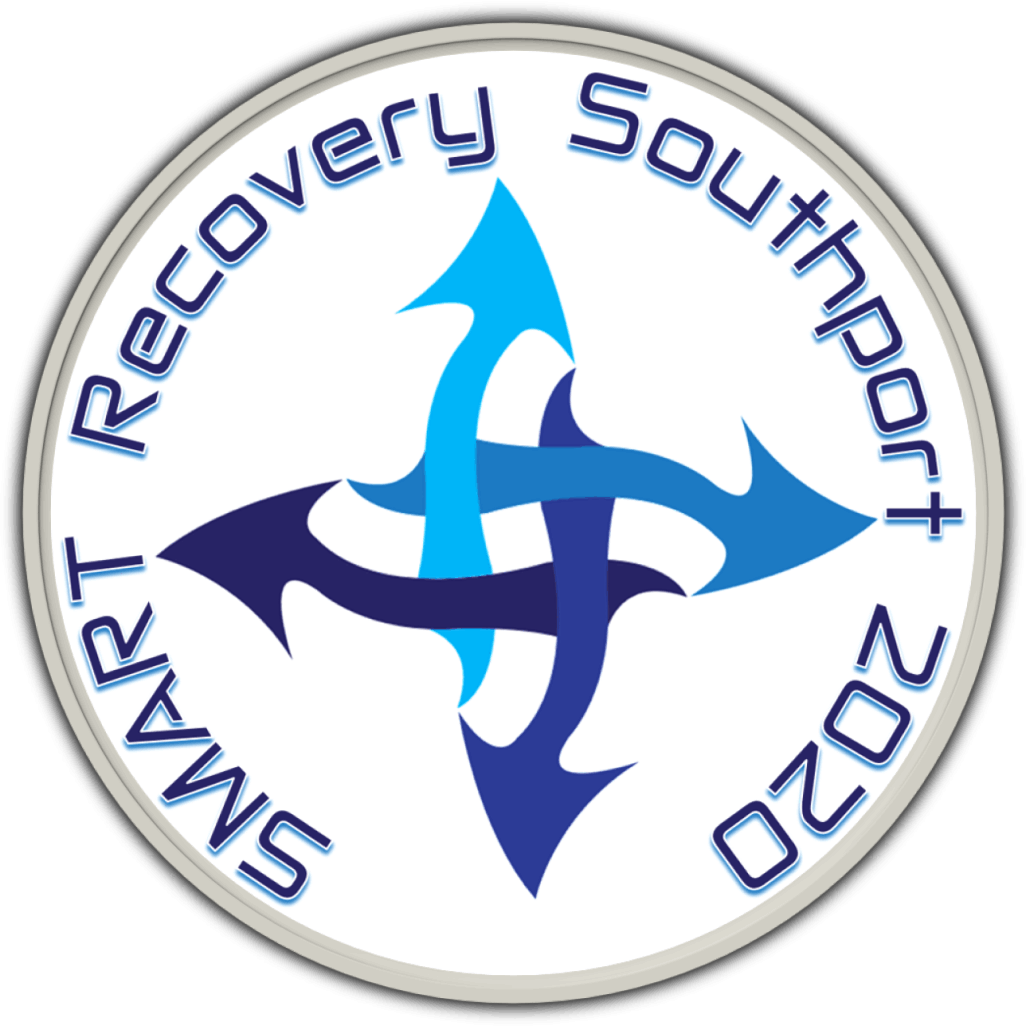Now you are acquainted with the 4-Point Programme, we shall now discuss practical points that serve to prepare you for an actual meeting. This advice covers both online and in-person SMART Recovery meetings.
Below, I offer a number of facts that help to outline SMART Recovery’s approach:
No emphasis is placed in a ‘higher power’: this contrasts with 12-step programmes that expressly ask participants to rely on a ‘higher power’. This ‘higher power’ often infers some form of deity, although not always. The concept of a ‘higher power’ conflicts with some people’s belief systems, and so avoiding this concept is helpful to those who do not want to subscribe to the idea of a ‘higher power’
There is no obligation to talk during a SMART Recovery meeting: at the beginning of SMART Recovery meetings, members conduct what is known as the ‘check-in’ activity. This is where members introduce themselves and discuss the challenges they have met since their last group meeting. However, you are not required to participate in check-in. You may merely sit back and passively listen. You can participate in this task when you are ready to do so.
Emphasis is placed on the concept of ‘Self-Management’: given SMART stands for ‘Self-Management And Recovery Training’, it perhaps will not come as a surprise that much emphasis is placed upon ‘Self-Management’. SMART Recovery as an organisation strongly believes that each person has the power within themselves to enact positive changes and to rebuild an existence that’s healthy and sustainable. This helps to foster the belief that you yourself are in total charge of your recovery and your destiny
SMART Recovery encourages you to discuss your recovery story, rather than your ‘war’ stories: this means the emphasis is put upon the good you are currently doing in your life. SMART Recovery meetings are not about dwelling on the negative experiences that led to and sustained your addiction
Other members will not judge you, no matter what you are coping with right now: SMART Recovery assists with all manner of addictions, including addiction to drugs, alcohol, sex, relationships and eating, amongst others. Nobody in the group will label you an ‘addict’ or ‘alcoholic’. SMART Recovery feels such labels are unhelpful and often counter-productive in helping you achieve your recovery goals,
It’s OK if you relapse: SMART Recovery will not negatively penalise you if you relapse: this is often the case with 12-step meetings where it is not unknown for members to be banished from the group for relapsing. Instead, SMART Recovery views relapse as a natural part of the recovery process. You are encouraged to learn from your relapse and move on.
Meetings are owned by the attendees themselves: although a facilitator is present during each SMART Recovery meeting, the role of the facilitator is not to present or ‘teach’. Instead, the facilitator’s role is merely to encourage members to engage with one another in a constructive manner. Facilitators will contribute to this engagement and introduce SMART Recovery’s resources and tools where it is helpful to do so.
SMART Recovery makes available tools and resources to aid your recovery: tools and resources are what really set SMART Recovery apart from other mutual support organisations. Example tools utilised during group meetings include a cost/benefit analysis, a change plan worksheet and roleplaying/rehearsing. These tools are underpinned by both cognitive behavioural therapy (CBT) and rational emotive behavioural therapy (REBT). You will be encouraged to master these tools during meetings. In time, these tools will become subconscious to you, and they will assist you in your everyday life in coping and dealing with stressful and challenging situations that may otherwise pose a threat to your recovery. A full list of these tools can be found here.
SMART Recovery maintains a lively online recovery community: this may be particularly useful if a local person-to-person meeting is not available close to your home town. The online community may also help if you are new to recovery and you wish to learn more about SMART Recovery before you commit to an in-person meeting. You may join the online forum by clicking here.
